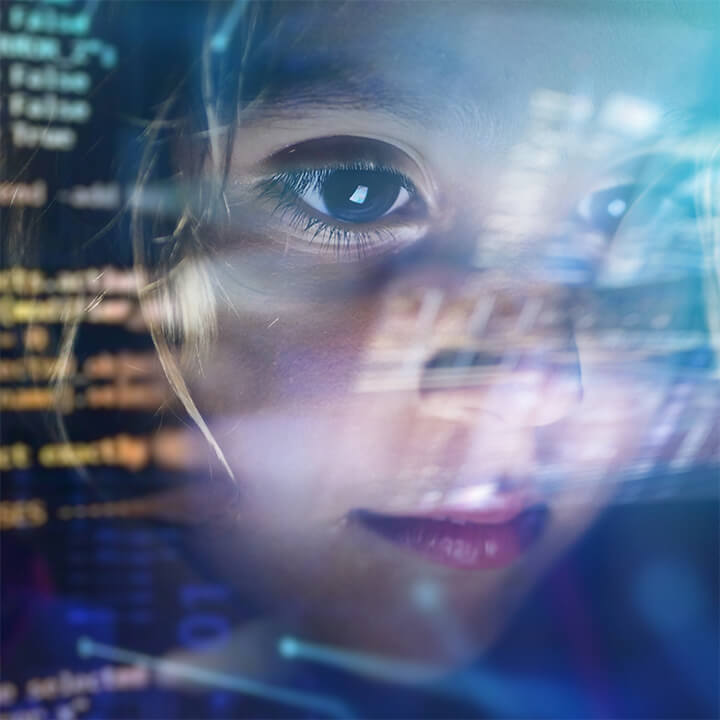Artificial Intelligence (AI) has suddenly become a topic of discussion and concern with the advent of AI chatbots, which can perform many complex things such as responding to questions, creating poetry, planning vacations, drafting resumes, and a host of other tasks. Love and Logic began addressing the use of technology back when the main concerns were television and video games. Ever since then, we have seen the transformation of technology and how it affects kids, from the early days of the Internet to the current use of cell phones and social media by kids.
Although the issues associated with are different, the approach to this new technology from a Love and Logic parenting standpoint remains the same. Parents can successfully manage the use of all these technologies by applying these solid parenting truths:
Focus on your kids’ strengths rather than their weaknesses.
Kids need limits.
Limits are best set through actions instead of hollow threats.
When kids make poor decisions, they need to experience natural or logical consequences.
Consequences are always more effective when they are provided with genuine, loving empathy.
Our kids will learn how to live their lives by watching us.
The worst thing to do with respect to AI, or any technology issue, is to simply forbid kids from using it. The most powerful way to protect kids of all ages is to demonstrate that you love them and that they can talk with you about anything.
When kids experience love from their parents, they become less reliant on social media for affirmation, and they are more likely to grow into adults who make good choices about technology. When they experience appropriate limits that are set and enforced by their parents, they will learn how to set limits for themselves. If they make poor decisions with technology when they are young, and parents deliver consequences with genuine empathy, they will learn that life will be better for them if they make good decisions instead of poor decisions.
As we have seen, technology is here to stay, and it will continue to evolve with many more uses and opportunities as well as more dangers. The best approach for parents and educators is to help kids become competent users of this resource, understand the risks involved, and make good decisions regarding how they use technology.
The three Es of Love and Logic are particularly helpful to keep in mind.
Example: When parents model healthy behaviors regarding their own technology use, the likelihood that kids will follow the example of their parents dramatically increases.
Experience: When parents give kids the freedom to make choices within limits, and allow them to make mistakes and experience the consequences of their mistakes, they will truly learn from their mistakes.
Empathy: As with all Love and Logic techniques, it’s the loving empathy offered by parents that helps kids see that parents are not the source of the unhappiness from consequences, it is the poor decisions the kids make that are responsible.
Even though our most recent audio on technology, Healthy Kids and Families in a Technology-Filled World, does not specifically address AI, the principles and techniques described can provide you with more valuable insights into how to address technology with your kids.
Thanks for reading!










